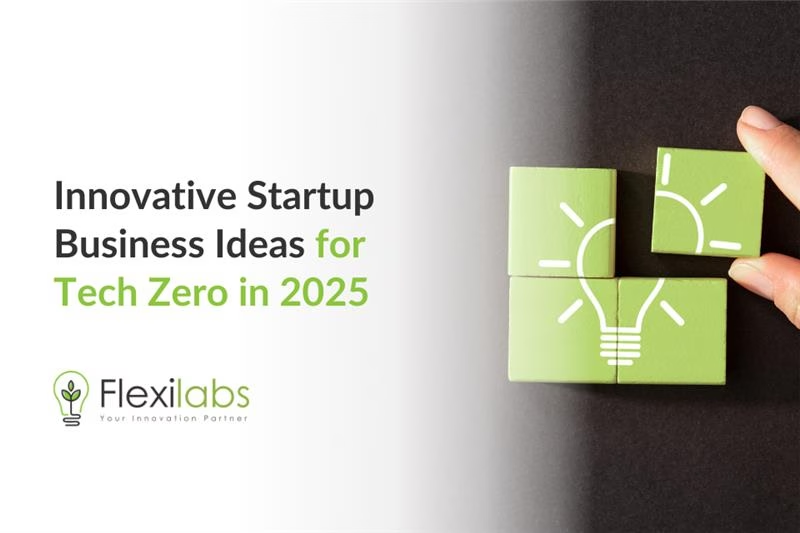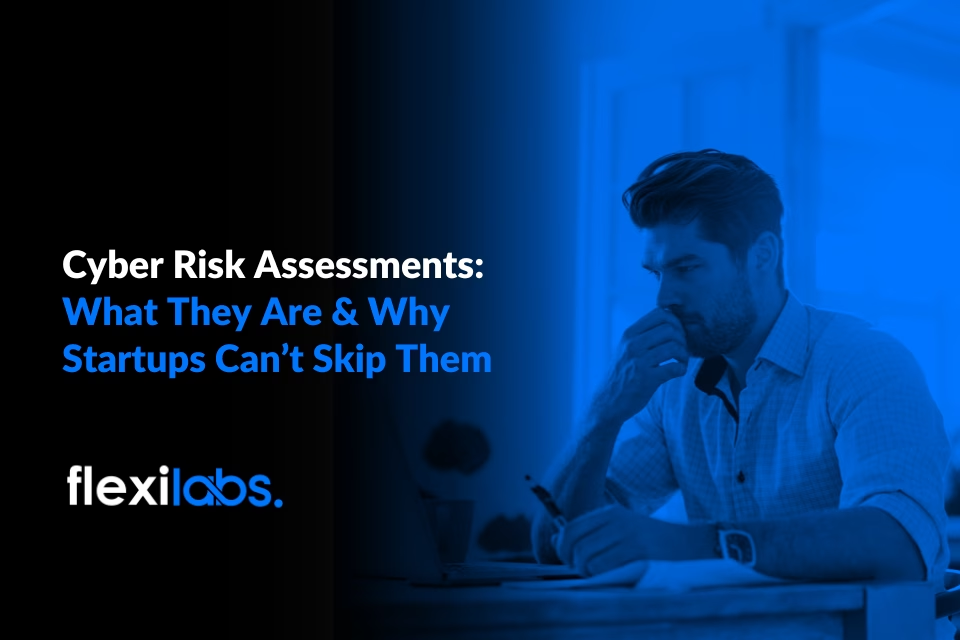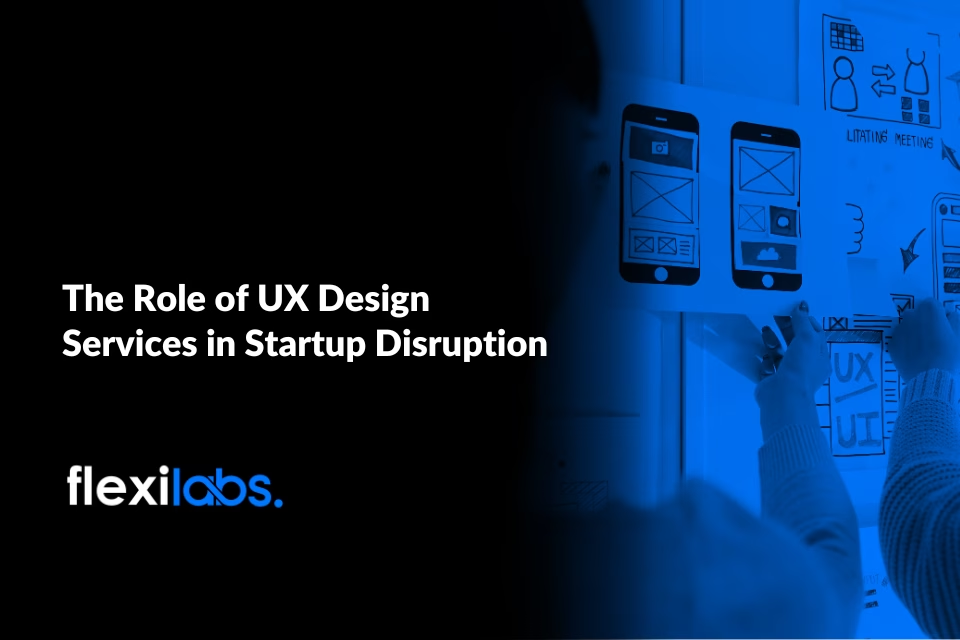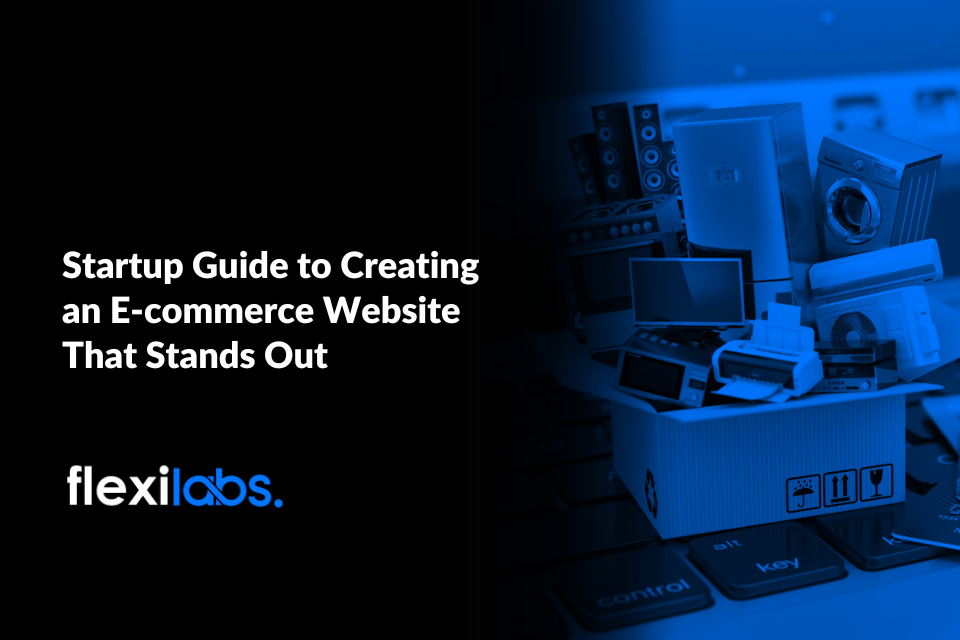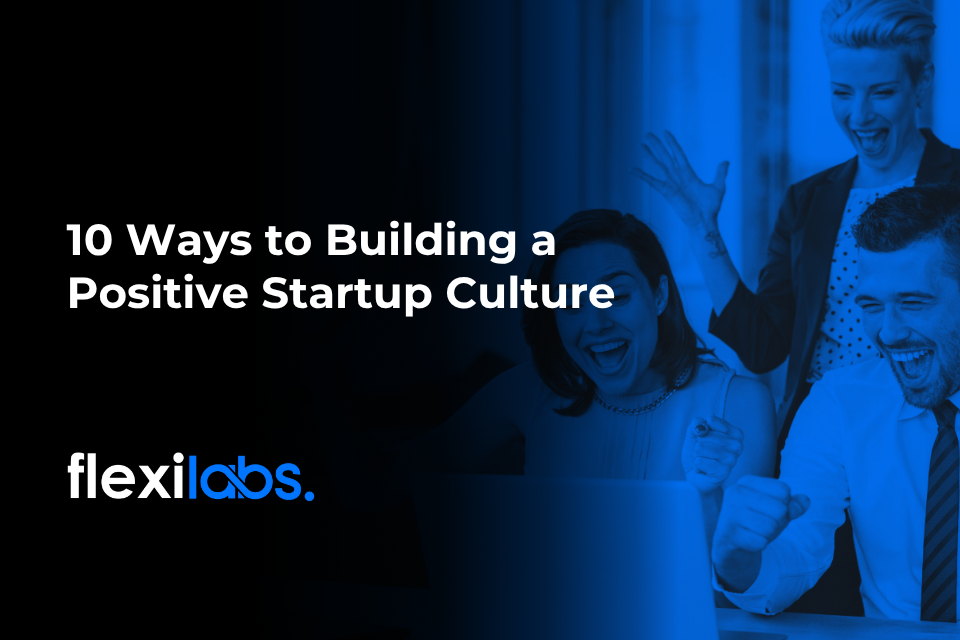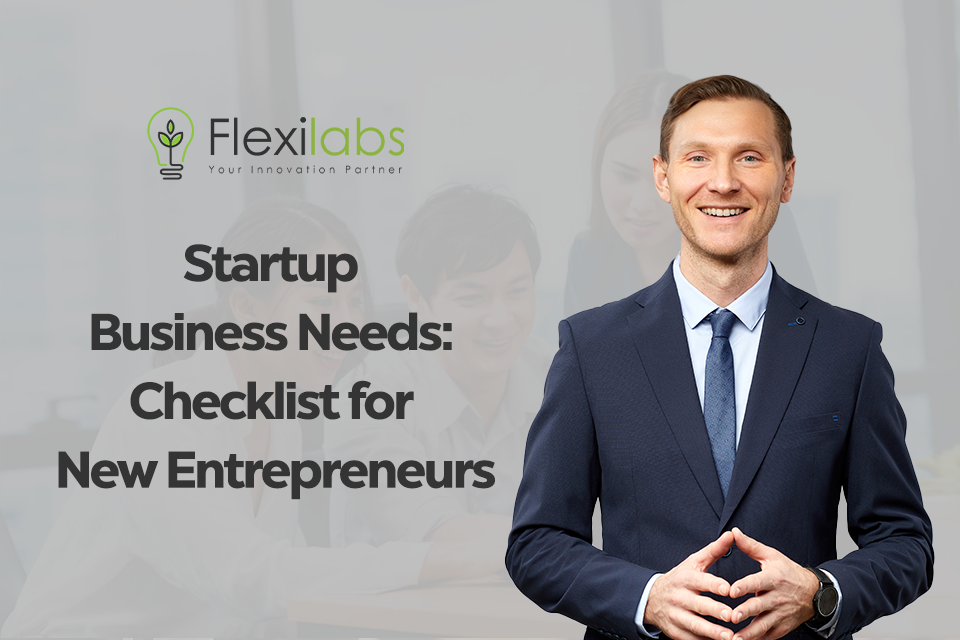As we move towards 2025, the concept of Tech Zero is gaining momentum, combining technology and sustainability to create a better future. With the global push towards net-zero carbon emissions, there is an increasing demand for innovative technologies that minimise environmental impact. This presents a unique opportunity for entrepreneurs to develop startup business ideas that are both profitable and environmentally responsible.
For Australian entrepreneurs, Tech Zero offers a chance to explore cutting-edge innovations across industries, from renewable energy solutions to smart waste management. Success in this space requires aligning startup business ideas with emerging technologies and sustainability trends.
What is Tech Zero?
Tech Zero refers to the use of technology to achieve carbon neutrality, promote sustainable solutions, and contribute to a zero-waste society. Startups and businesses in this sector develop products and services that reduce carbon emissions, enhance energy efficiency, and promote sustainable consumption.
From AI-powered carbon tracking tools to renewable energy innovations, Tech Zero represents the intersection of technology and environmentalism. As governments, corporations, and individuals increasingly prioritise sustainability, Tech Zero startups have a competitive advantage in the evolving market.
Top 10 Startup Business Ideas for Tech Zero
As we transition to a sustainable future, the demand for eco-friendly, tech-driven solutions is booming. Entrepreneurs in 2025 have numerous opportunities to create impactful startups that merge innovation with sustainability.
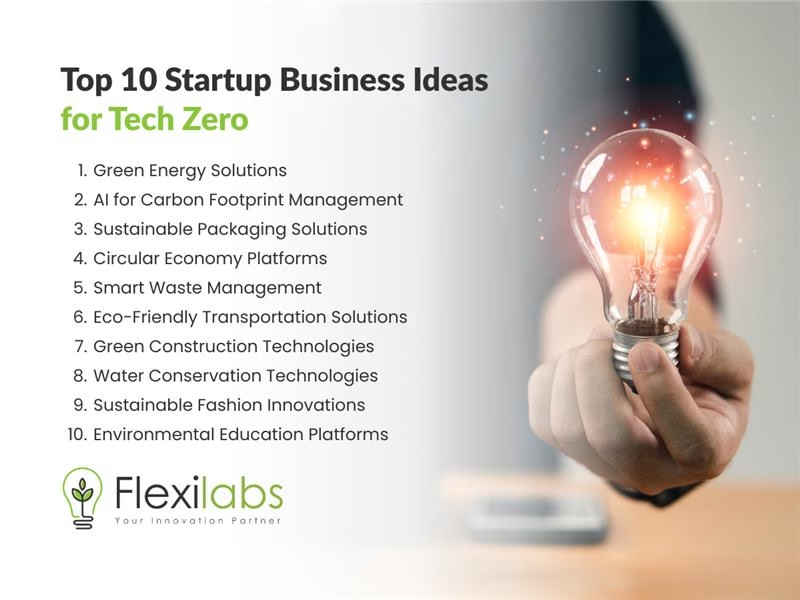
1. Green Energy Solutions
Developing affordable solar, wind, and energy storage solutions can revolutionise the clean energy sector. Startups could focus on enhancing efficiency or lowering costs to make renewable energy accessible to more businesses and households.
Why it works: The growing demand for renewable energy solutions presents a significant opportunity for startups to scale while contributing to the global effort for a sustainable future.
2. AI for Carbon Footprint Management
Artificial intelligence can be leveraged to track and reduce carbon footprints. A startup could develop AI-powered platforms that analyse energy usage, waste production, and emissions, providing real-time solutions for individuals and businesses.
Why it works: AI-driven tools that optimise energy usage and reduce waste help businesses meet sustainability goals while boosting operational efficiency, making it an attractive market to enter.
3. Sustainable Packaging Solutions
With increasing concerns over packaging waste, businesses are seeking biodegradable, recyclable, and reusable alternatives. Startups in this space can develop eco-friendly materials that comply with sustainability regulations.
Why it works: Consumers and businesses alike are increasingly prioritising sustainable packaging, creating a strong market demand for innovative solutions in this area.
4. Circular Economy Platforms
A circular economy focuses on reusing, repurposing, and recycling materials. A Tech Zero startup could build an online marketplace that promotes second-hand goods, upcycling services, or B2B circular supply chains.
Why it works: As businesses face mounting pressure to reduce waste, circular economy models offer both environmental and financial benefits, making them a compelling opportunity for startups.
5. Smart Waste Management
Using AI and IoT, startups can develop smart waste management solutions that optimise waste collection, sorting, and recycling in cities and businesses.
Why it works: Growing urbanisation and increasingly strict environmental regulations make smart waste management technologies essential, offering strong growth prospects for startups in this sector.
6. Eco-Friendly Transportation Solutions
Startups can develop electric vehicles (EVs), charging stations, or shared mobility platforms to help reduce the transport sector’s carbon footprint.
Why it works: Government investment in green mobility infrastructure and growing consumer demand for eco-friendly transport present high growth opportunities for startups in this space.
7. Green Construction Technologies
Developing energy-efficient building materials, smart homes, and eco-friendly urban infrastructure can help meet carbon reduction targets in the construction sector.
Why it works: The construction industry’s shift towards sustainability makes green building solutions highly attractive to investors and developers, creating substantial demand for innovative startup ideas.
8. Water Conservation Technologies
Startups can create smart water meters, recycling systems, and conservation technologies to address water scarcity issues.
Why it works: With increasing global water consumption, businesses and governments are seeking innovative solutions to optimise water use, creating a growing market for water conservation technologies.
9. Sustainable Fashion Innovations
The fashion industry is one of the largest polluters. Startups can focus on eco-friendly fabrics, ethical production, and second-hand marketplaces to promote sustainable fashion.
Why it works: As consumers become more eco-conscious, there is a rising demand for sustainable fashion options, making this sector both profitable and impactful for startups.
10. Environmental Education Platforms
With rising awareness about climate change and sustainability, startups can build e-learning platforms, mobile apps, and online resources focused on environmental education.
Why it works: As individuals and businesses increasingly seek sustainability knowledge, education platforms will continue to thrive, offering unique opportunities for growth.
How to Build a Successful Tech Zero Startup
Turning your Tech Zero startup idea into a reality requires a strong strategy, a commitment to innovation, and a focus on sustainability.
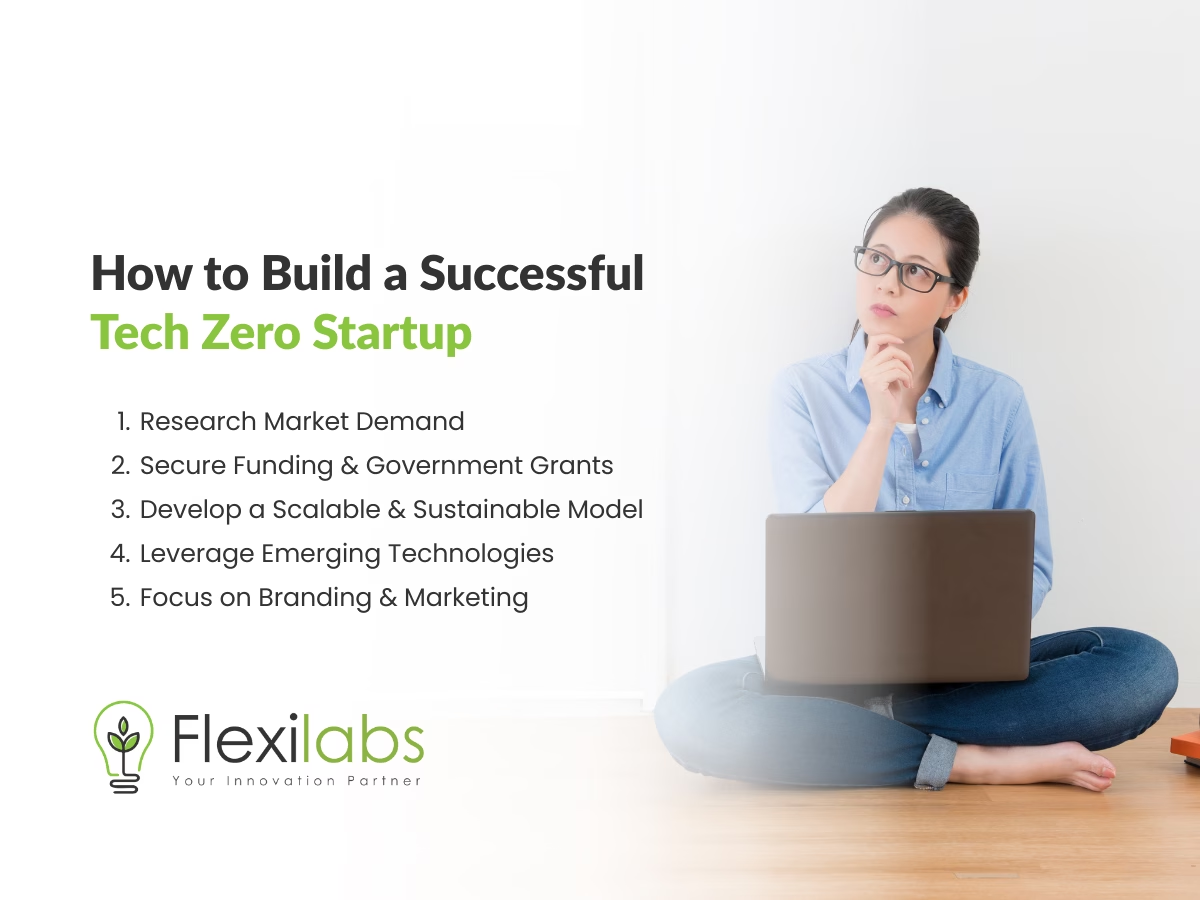
1. Research Market Demand
Understanding market needs is crucial for success. Identify key environmental challenges in Australia, such as renewable energy adoption or waste management. Conduct market research to confirm the demand for your startup business ideas, ensuring they align with customer needs and regulatory trends.
2. Secure Funding & Government Grants
Seek funding from Australian government programs like the Clean Energy Finance Corporation (CEFC) or ARENA, which support green initiatives. Also, target impact investors who focus on startups with environmental benefits. A solid business plan and funding strategy are essential to scale your startup business ideas.
3. Develop a Scalable & Sustainable Model
Design a business model that’s both profitable and eco-friendly. Focus on low environmental impact while ensuring scalability as your business grows. Form B2B partnerships with eco-conscious companies to expand your startup business ideas and enhance your sustainability efforts.
4. Leverage Emerging Technologies
Incorporate technologies like AI, IoT, blockchain, and cloud computing to improve operational efficiency. These technologies can optimise energy usage, track carbon footprints, and enable smart waste management, offering innovative solutions that set your startup business ideas apart.
5. Focus on Branding & Marketing
Position your startup as a sustainability leader. Create a strong brand that reflects your environmental mission and use digital marketing, PR, and social media to engage customers who value eco-friendly solutions. Highlight the environmental impact of your products to build customer loyalty.
Challenges of Building a Tech Zero Startup
While launching a Tech Zero startup presents exciting opportunities, entrepreneurs also face several challenges unique to this sector. Understanding the challenges startups face can help startups prepare strategies for overcoming them.
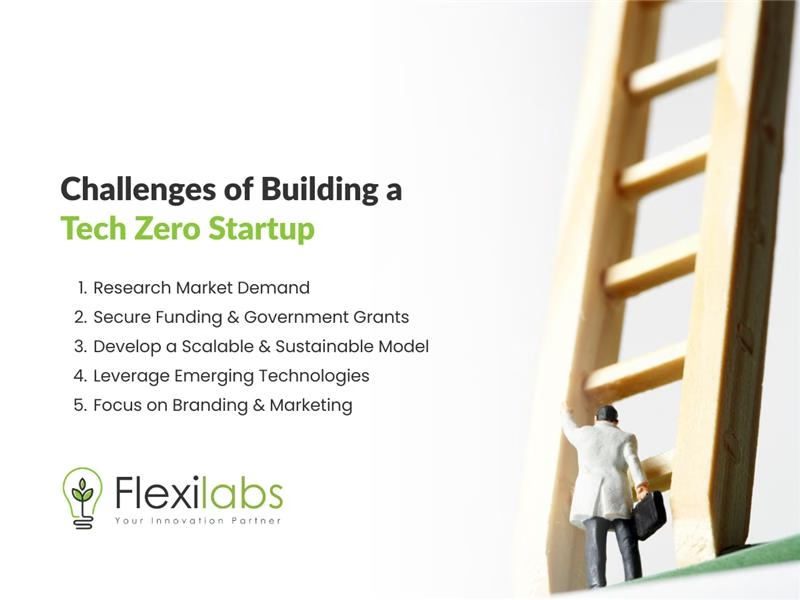
1. High Initial Costs
Developing sustainable technologies often requires significant upfront investment in research, development, and infrastructure. Many startups struggle to secure early-stage funding to cover these costs.
2. Bootstrapping Difficulties
Many Tech Zero founders start and grow business on a tight budget, relying on personal savings or reinvesting profits. Developing sustainable tech and meeting regulations can be costly, so founders must find cost-effective solutions, such as partnerships, grants, and sustainability-focused incubators.
3. Regulatory Compliance
Governments impose strict environmental regulations that startups must navigate. Compliance with sustainability standards and certifications can be complex and costly, particularly for small businesses entering the market.
4. Consumer Adoption Challenges
Although awareness of sustainability is growing, convincing consumers and businesses to switch to eco-friendly alternatives can be difficult. Overcoming skepticism and educating customers on the long-term benefits of sustainable solutions is key to success.
5. Scaling & Infrastructure Limitations
Sustainable startups often face challenges in scaling their operations while maintaining eco-friendly practices. Access to sustainable raw materials, energy-efficient manufacturing, and green supply chains can limit growth potential.
Conclusion
As 2025 approaches, Tech Zero startups have the opportunity to redefine industries with sustainable technology solutions. Whether it’s AI-powered carbon tracking, smart waste management, or renewable energy solutions, the market for sustainable business ideas is growing rapidly.
For Australian entrepreneurs, this is a golden opportunity to build businesses that contribute to both economic growth and environmental sustainability. By embracing cutting-edge technologies and green innovations, the next wave of Tech Zero startups is set to make a lasting impact.
Need guidance for your Tech Zero startup? Contact Flexisource IT today—our experts are here to help!

